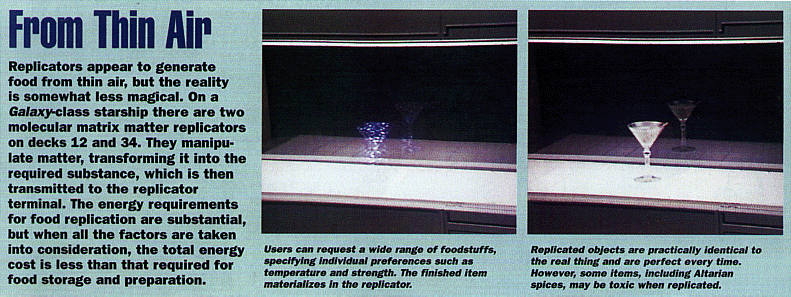
Posted on 08/10/2014 9:10:16 AM PDT by LibWhacker
The race is on to build a machine that can synthesize any organic compound. It could transform chemistry.
In faded photographs from the 1960s, organic-chemistry laboratories look like an alchemist's paradise. Bottles of reagents line the shelves; glassware blooms from racks of wooden pegs; and scientists stoop over the bench as they busily build molecules.
Fast-forward 50 years, and the scene has changed substantially. A lab in 2014 boasts a battery of fume cupboards and analytical instruments — and no one is smoking a pipe. But the essence of what researchers are doing is the same. Organic chemists typically plan their work on paper, sketching hexagons and carbon chains on page after page as they think through the sequence of reactions they will need to make a given molecule. Then they try to follow that sequence by hand — painstakingly mixing, filtering and distilling, stitching together molecules as if they were embroidering quilts.
But a growing band of chemists is now trying to free the field from its artisanal roots by creating a device with the ability to fabricate any organic molecule automatically. “I would consider it entirely feasible to build a synthesis machine which could make any one of a billion defined small molecules on demand,” declares Richard Whitby, a chemist at the University of Southampton, UK.
True, even a menu of one billion compounds would encompass just an infinitesimal fraction of the estimated 1060 moderately sized carbon-based molecules that could possibly exist. But it would still be at least ten times the number of organic molecules that have ever been synthesized by humans. Such a device could thus offer an astonishing diversity of compounds for investigation by researchers developing drugs, agrochemicals or materials.
(Excerpt) Read more at nature.com ...

Personally, I don’t think you could get this to work in large enough scale to be usable.
Back 20 years ago, IBM spelled out IBM in, I think gold atoms using an electron microscope and some other equipment.
Creating functional molecular bonds is more difficult than just moving atoms around.
Interesting idea though
We have a long way to go but there is plenty of time....
The apparatus would at the very least require a database-like library of known pathways and kinetic data to synthesize a practical route from reactants to products.
The narcos are working on this now.
Wait till someone starts to synthesize biohazard level 4 pathogens this way.
Interesting article. You would have to program for a lot of factors, such as steric hindrance. That is why plants and animals hold the key today to new drugs: They can make much more complicated 3-D compounds today than a human can make in the lab.
Disclaimer: Opinions posted on Free Republic are those of the individual posters and do not necessarily represent the opinion of Free Republic or its management. All materials posted herein are protected by copyright law and the exemption for fair use of copyrighted works.